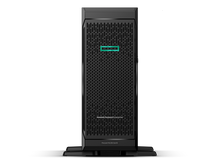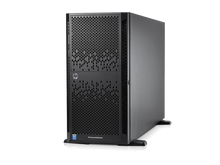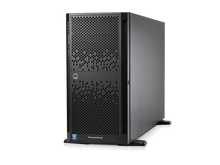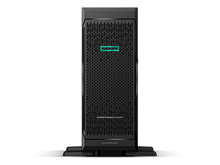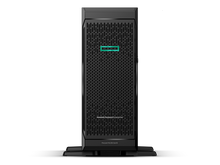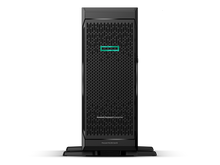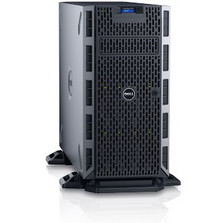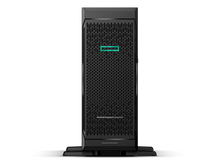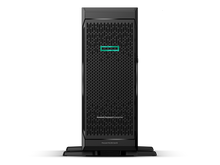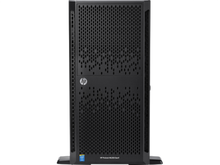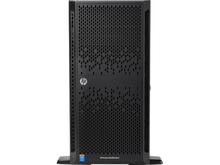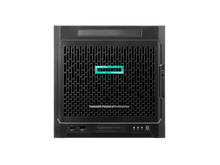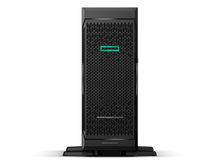Free Shipping
On all orders shipping to the continental US
Free Technical Support
Pre or post order - we are here to help answer questions
Free Assembly
Hardware integration, firmware updates & burnin
Free Solution Architecting
Consult an expert to ensure you get the right product the first time
Tower Servers
Tower Servers are great for businesses that require value, flexibility, and a range of performance options.
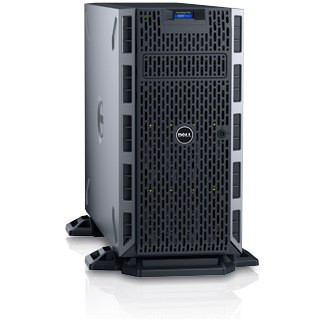
Tower Servers
As the world becomes increasingly more connected through online networks, companies depend heavily on servers and look for a variety of server solutions to maintain connectivity within and outside the company. There are several types of servers that companies and personal users can choose from, depending on their needs and their available resources.
Tower servers are one such type. These servers get their names from their vertical arrangement. Like any other server, tower-based servers form a client-server relationship network with a company's client machines (PC's, printers, faxes, routers and switches, etc.). They provide centralized routing and access that allow data, information, and resources to be seamlessly shared within the company network. Tower-based servers are usually built form the ground up inside a stand-alone vertical storage cabinet.
Some companies find the vertical arrangement advantageous because towers require fewer extra components to operate and as a result, can easily be customized should the need or desire arise. Towers also offer increased scalability, which allows the servers to continue to function when their RAID controllers server memory size, server storage size, or other resources are increased. Due to the low density of server components tower-based servers offer better cooling capabilities. As a result, they are less susceptible to damage due to overheating or downtime. On the flip side, vertical servers tend to be bulkier than their slimmer counterparts.
Additionally, while they have better cooling capabilities, tower-based servers need an individual fan per server to maintain this feature. As a result, vertical servers tend to be noisy. For these reasons, they often have to be housed in separate rooms, buildings, or sub-facilities onsite, which can reduce productivity and increase company costs.
Overall, however, tower-based servers serve their purpose well. Apart from being vertically arranged, they have the same general functions and server components as other server types, like rack servers and blade servers . They act as gatekeepers between the internet and the company's intranet, store files for on-site and remote access, can network to one or several printers within the company, provide web-based content for web-browser access, translate domain names to IP addresses, maintain email databases, and verify and authorize personnel access. Choosing this server form factor should be more a choice based on what the company facility actually needs as opposed to being
limited to the pros and con listed above.


